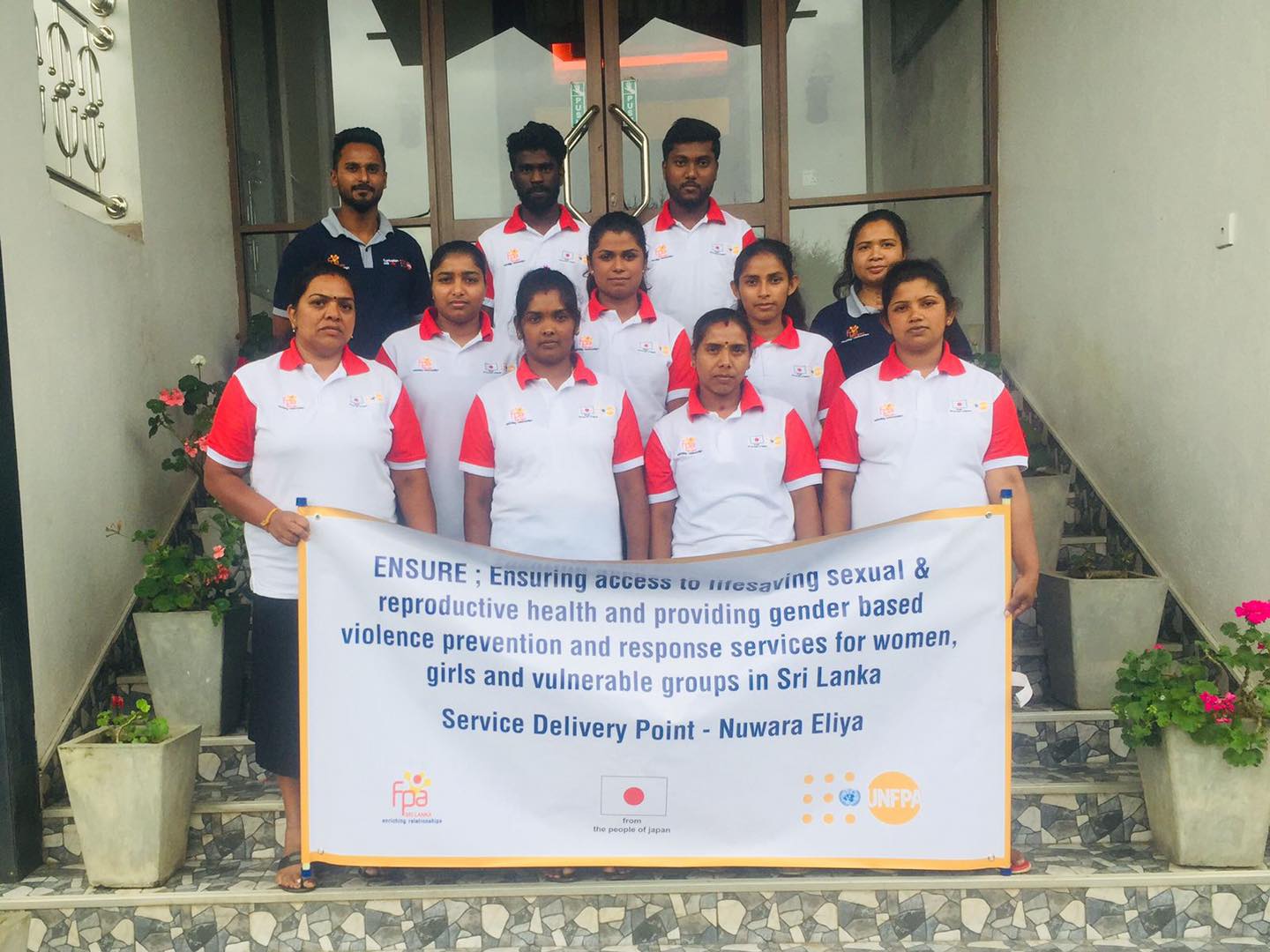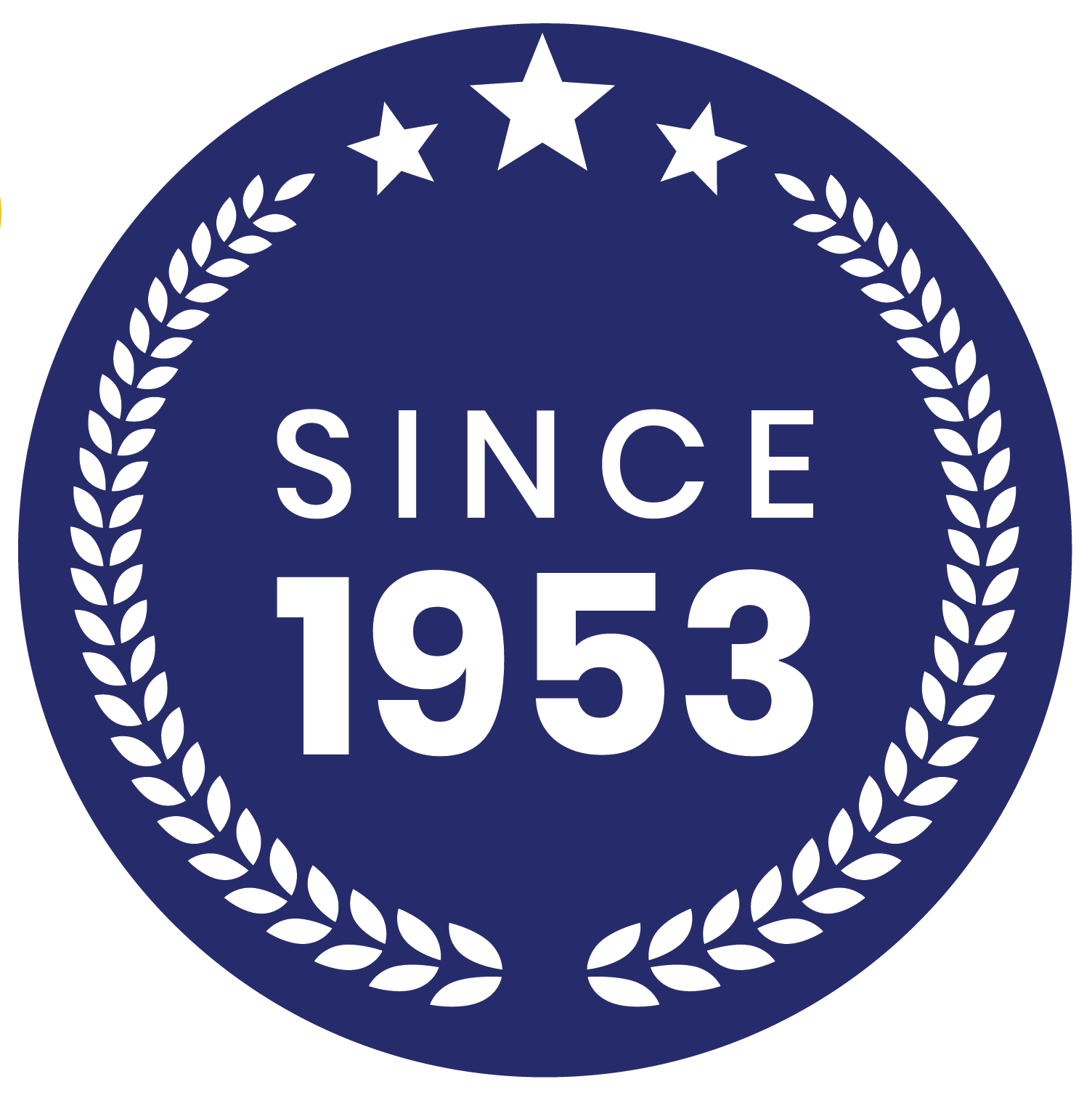'ENSURE' Project

ENSURE Project - Ensuring access to lifesaving sexual & reproductive health and providing gender based violence prevention and response services for women, girls and vulnerable groups in Sri Lanka
With the funding support of the People of Japan, FPASL is the implementing partner of the ENSURE Project under the purview of UNFPA.
The ENSURE project aims to provide life-saving sexual and reproductive health services to the most vulnerable women and girls, with a particular emphasis on preventing maternal morbidity and mortality and all forms of gender-based violence. The services will be provided in 5 provinces; Northern, Eastern, Central, North Western and Western provinces, covering Jaffna, Mullaitivu, Batticaloa, Kandy, Nuwara Eliya, Puttalam and Colombo districts. The population that this project targets include Pregnant and lactating women, Women of Reproductive Ages (15 – 49 years), Adolescents, and women and young persons with disabilities.
The three main activities under the ENSURE Project will be Mobile Clinics; Training of PHM’s and other health care workers and community-based women health workers in selected provinces to provide SRH, MCH information, services and conduct referrals; and dissemination of IEC/BCC material on seeking support and services, in order to ensure the availability of sexual and reproductive health services (FP, MCH, STI, and HIV), including psychosocial counselling, support to antenatal, postnatal women, and survivors of Sexual and Gender Based Violence.
A total of 126 Outreach clinics are proposed to be held in selected 7 selected districts over the 12 months of the project period as part of the Project's Mobile Clinics activity. These clinics will offer SRH services and counselling on FP, MCH, STI, and HIV to 10,000 women and girls of reproductive age, as well as pregnant and lactating mothers. As there is no FPASL Service Delivery Point in the Northern Province and since a large percentage of activities of this project will be conducted in the Northern Province, a new FPASL sub-office will be established in the Kilinochchi District. All the activities proposed for the Northern Province will be conducted by the newly established sub-office.
The second activity intends to encourage service and support-seeking behaviour among 35,000 women and girls in the 7 selected districts. This will be done through the dissemination of knowledge, education and awareness through specifically developed IEC/BCC material on the thematic areas of Sexual and Reproductive Healthcare, Gender Based Violence and Mental Health and Psychosocial Support. The third activity intends to capacitate 1400 PHMs and other health care workers and 350 community health care workers in 7 districts trained on providing SRH, MCH information services and conducting referrals. The project will pan out for a period of 8 months.
Following the adverse impacts of the COVID-19 pandemic and the economic crisis, sexual and reproductive healthcare needs have become a crucial necessity for vulnerable communities, particularly for women and girls who are disproportionately impacted. SRH service access has become a challenge among vulnerable communities, and there is also an increase in SGBV victimization across the country, making inaccessibility to SRH and SGBV services a humanitarian issue.
Furthermore, Women and girls of vulnerable, marginalized populations, particularly of conservative communities in the selected districts, may not recognize the need to seek services and support related to SRH, GBV and Psychosocial support. In order to encourage support and service-seeking behaviour, the realization of their specific needs is crucial. Education, awareness and dissemination of knowledge and information, especially through peer and visualized learning, would encourage the realization of their specific needs among women and girls. For the above reasons, the ENSURE project would provide essential, lifesaving SRH services to 10,000 pregnant, postpartum women and women in reproductive ages through 126 Outreach Clinics in 7 districts, reach 35,000 women and girls through IEC/BCC materials on specific SRH-related themes and build the capacity of PHMs and other healthcare workers on SRH and MCH.
.png)


